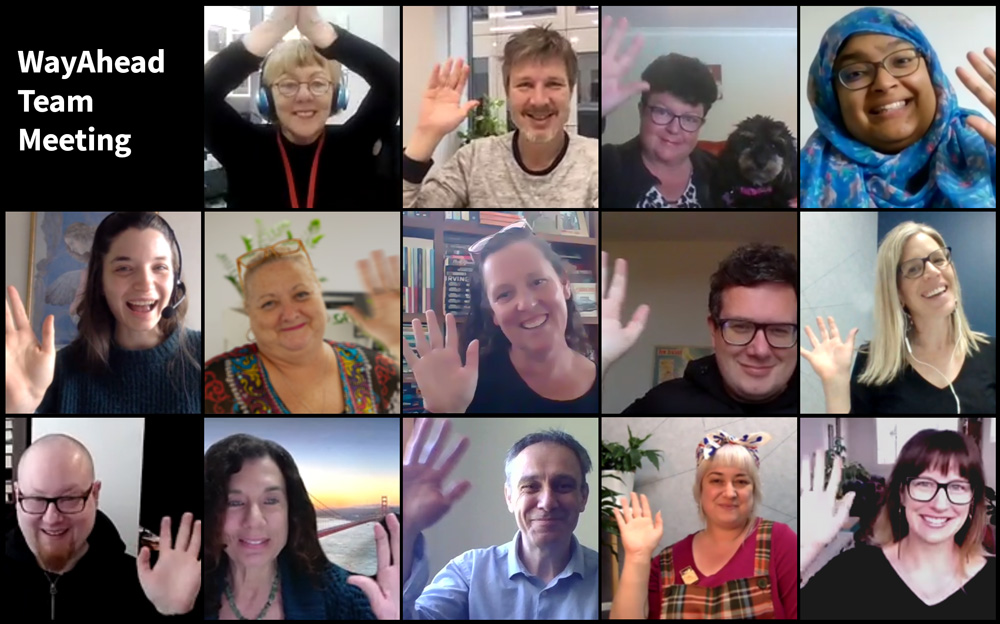WayAhead is housed in a cooperative of three mental health advocacy organisations called “Collective Purpose” and one of the great benefits of this is that we are able to participate in other organisation’s events and vice versa.
One of our co-inhabitors “BEING” (the other is Mental Health Carers NSW) has been developing an Arabic Psychological Health Resource in the form of a collection of videos. These videos aim to raise awareness both of the rate and commonality of mental illness within the community and of resources and treatments that are available. To launch this resource BEING held an Arabic language panel on psychological health in Rockdale in July.
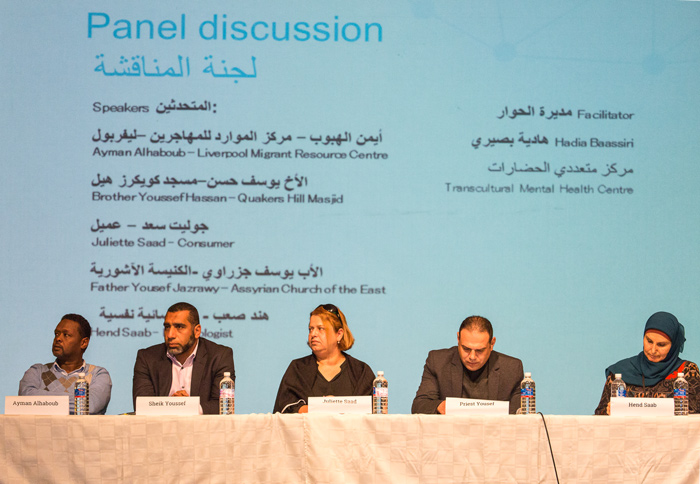
The panel featured five speakers….and was run entirely in Arabic. As a non-Arabic speaker I missed the nuances of the panel discussion but from the passion in the speakers tone and the small elements that were translated I gathered the importance of this conversation to the community.
One of the main points addressed with the importance of early intervention and the role that religious leaders had to play in this field. The stigma in to community towards the expression of mental illness has led to many individuals failing to seek help, possibly for years, until their mental health issue has developed into something far more serious.
Hend Saab, Clinical Psychologist was particularly passionate about this subject, saying she has seen many culturally and linguistically diverse (CALD) individuals, young and old, who have presented to her in severe distress at a point where treatment has become challenging because of the long term nature of the issue. As a psychologist, she said one of the most upsetting things in this regard is that she is aware that people who present with long term issues have been suffering in silence for a long time.
She called on religious leaders to recognise the significant impact that mental health issues can have on the community and to ensure that individuals who approach them for help are referred to the correct mental health services as quickly as possible.
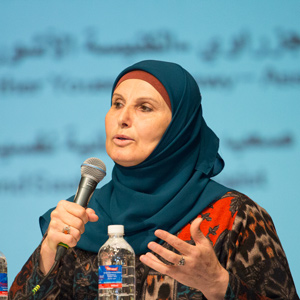
“Sometimes the process of referral can take years, can cost thousands of dollars before the individual is referred to a psychologist.” She said. “Because people listen to their religious leaders and these leaders aren’t always educated in mental health.”
While both religious leaders – Sheikh Youssef Hassan and Father Yousef pointed out that mental health issues are prevalent across all cultures, not just the Arabic community, they both acknowledged the need to reduce stigma surrounding psychological assistance for mental distress and the important role religious leaders have to play in this.
Father Yousef noted that because religious leaders are often the first point of call for individuals experiencing something they don’t feel right about, it is imperative that they are trained to recognise the difference between spiritual health and psychological health and to treat the two separately. In doing this, and acknowledging the prevalence of mental health issues across the community religious leaders were hoping to reduce the stigma and shame associated with seeking professional help for their issues.
While there was a great diversity in expertise and known around the issue of mental health in CALD communities, all parties agreed that acceptance is importance to move forward in recovery. Mental illnesses are real and we have treatment and shame of one’s own illness (internal stigma) and shame within the community (external stigma) is a double duo that prevents many people from seeking help.
Being’s “Into the Light” resources are available on their website. If you are looking for an Arabic mental health service near you WayAhead’s directory allows you to search language preferences and provides relevant services. WayAhead also runs monthly anxiety support groups across the state as well as offering various programs such as small steps, anxiety forums, and will be running Mental Health Month in October.
Written by Jean Roxon

